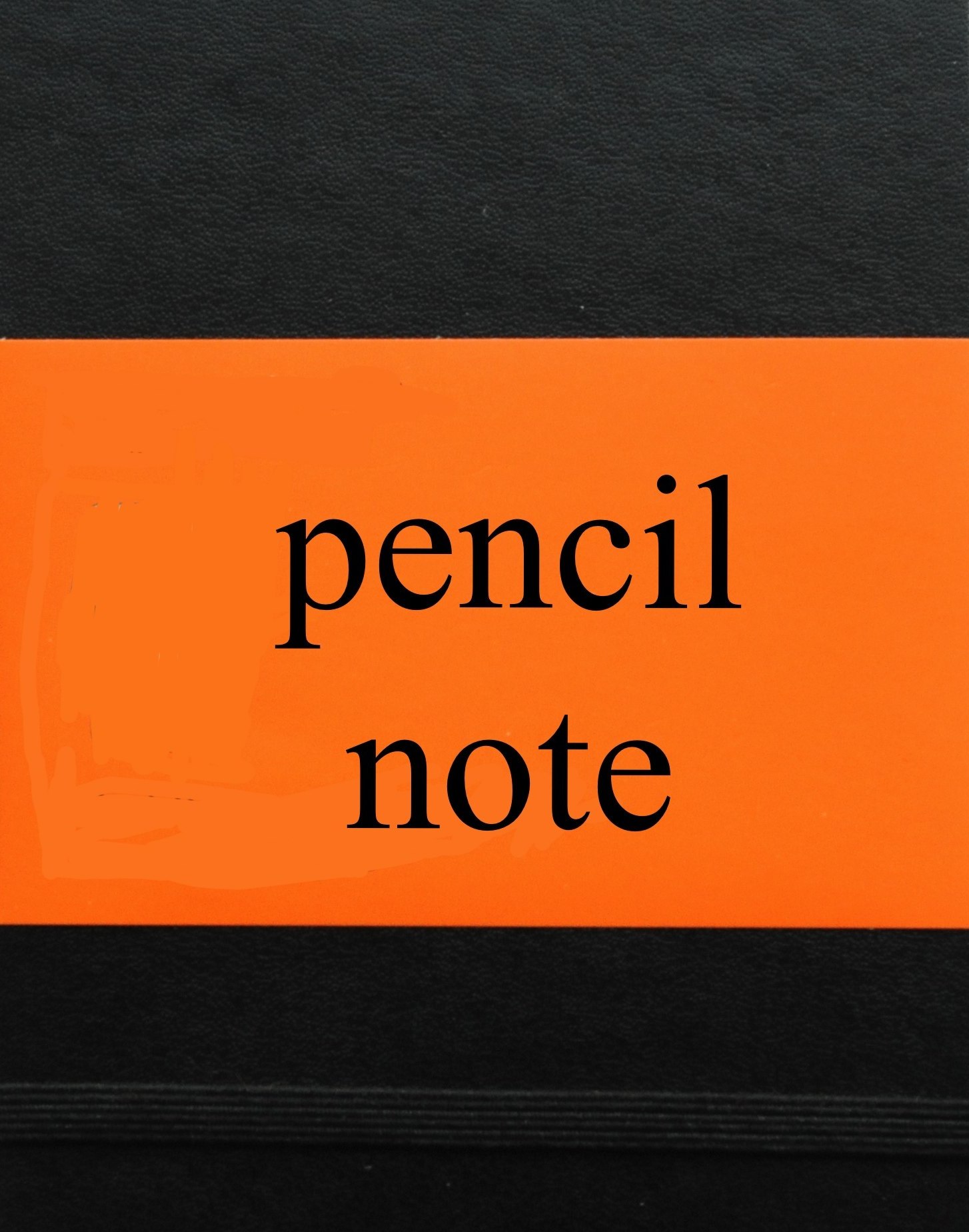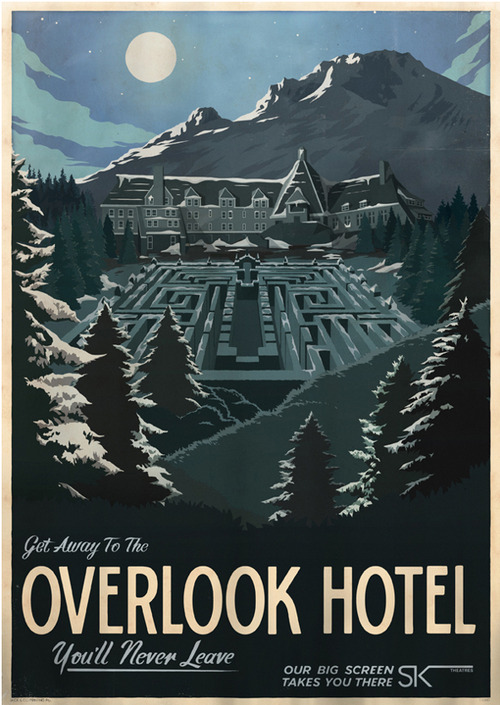Robert Peston, BBC Economics Editor and one of the most senior and respected journalists in the UK gave a lecture on the challenges facing journalists in a digital age which, despite its' length, is compelling reading:
All the growth in news readership is on the internet, on mobiles, on tablets. And an important cultural fact about those whose entire careers have been in digital, and have never had inky fingers, is that they don’t seem to have a fundamentalist’s hatred of news being infected by adverts and commerce.
...Now I don’t want to overstate the dangers, but what I would say is that we saw – with the phone-hacking scandal – how prone we are as an industry to cut corners in a hideous way when we face an existential threat, or indeed when there is money to be made. And to reiterate, what I see around the news media scene is the rise of a generation of managers schooled only in the etiquette of the internet, where the idea that editorial staff should be quarantined from marketing and advertising is seen as absurd.
...What I would conclude by saying is that we don’t yet have what you might call a stable ecosystem in news. The poll-tax funded BBC is one kind of news-media model. The loss-making Guardian, funded by vast private-equity capital gains, is another. The Daily Mail another still. And Quartz, Huffington Post and BuzzFeed something different again. There is diversity – which all ecologists would tell you is vital to long-term survival. But there is also pollution, from a dangerous elision between news that pays and news that matters. I am not confident that the Wheelers and Snows of this world aren’t an increasingly endangered species.
The lecture poses more questions than it provides solutions but it does adroitly summarise the concerns felt by many over the editorial independence of major sources of news.
I certainly don't have the answers, I guess no-one does yet. But, I suspect that ten years from now we will be more trusting of independent non 'monetised' sources of journalism than the traditional brands that we look to today.
How those independents will have the resources to do such investigation and reporting is the challenge - Nevertheless, I'm naively optimistic. For all the challenges that digital age brings, it completely re-defines the resource model in a way that 'traditional' journalists can occasionally fail to conceptualise. One good local man or woman on the ground with a $50 phone can sometimes achieve more than $100,000 foreign correspondent did in the days of portable typewriters and phoning in the copy. The prose won't be of Wheeler quality and the pictures might be a bit blurred but over time our new independents will co-operate, band together and form new networks and channels that citizen's social graphs will encourage them to trust.
In fact, I think in many places, this is already happening.



